News
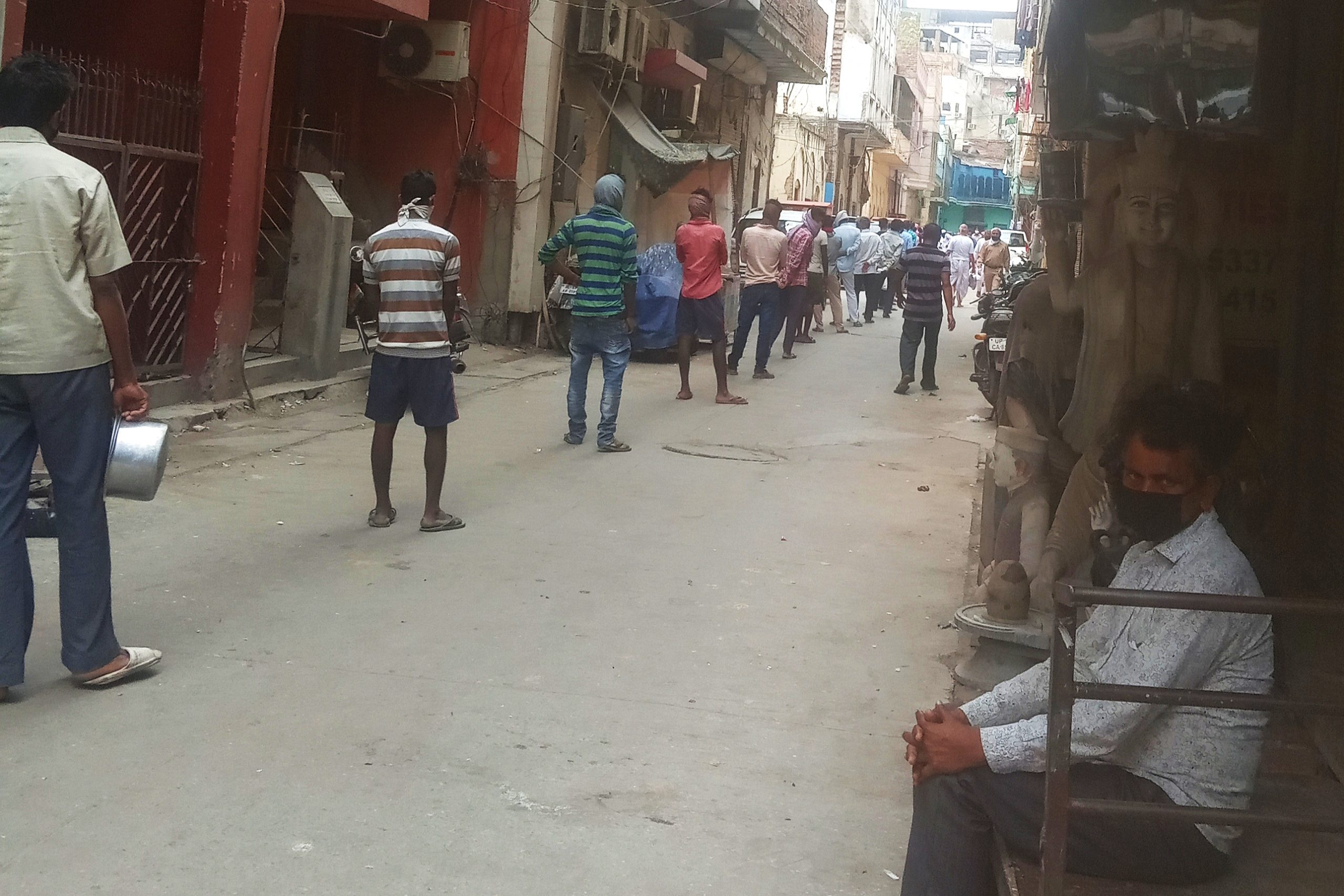
BLOG
Migration Mess: Using a Food Systems Lens to Understand India’s Migrant Crisis after COVID-19
May 21, 2020
In this blog post, Tata-Cornell Institute (TCI) postdoctoral associate Anaka Aiyar draws lessons about migrants in India from TCI’s book, Transforming Food Systems for a Rising India, and applies them to the migration plight precipitated by the coronavirus pandemic. Almost as soon as the Indian government instituted a nationwide lockdown to contain community transmission of the novel coronavirus,…
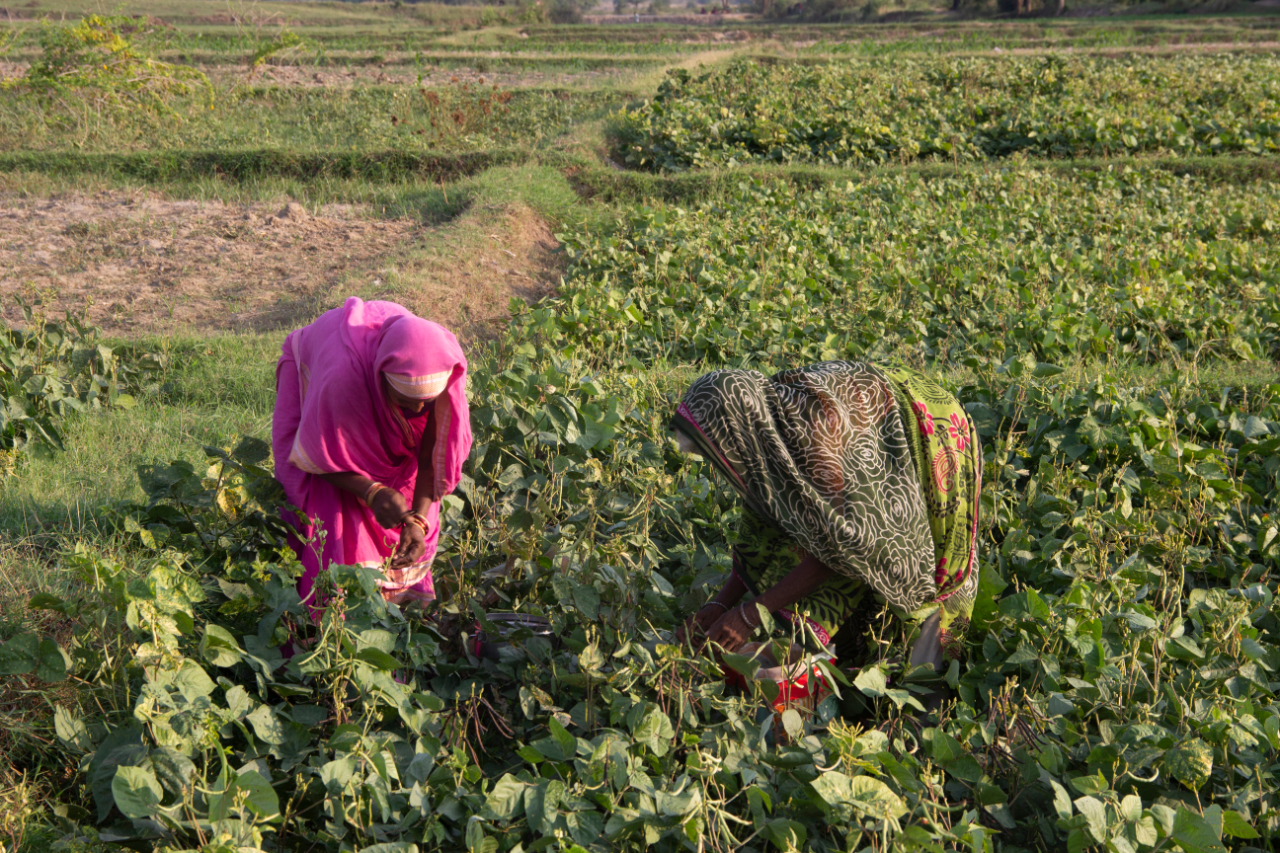
BLOG
Those Left Behind: Understanding the Effects of Internal Male Migration on Women’s Participation in Agriculture
May 19, 2020
This piece from the TCI 2019-20 Annual Report presents TCI scholar Vidya Bharathi Rajkumar’s research on the impact of male migration on women’s roles in agriculture. Download the full annual report to read more. Across the developing world, hundreds of millions of people migrate seasonally in hopes of bettering their livelihoods by increasing their incomes and improving…

NEWS
2019 TARINA Annual Report Released
May 18, 2020
Technical Assistance and Research for Indian Nutrition and Agriculture (TARINA) has published its 2019 Annual Report. The report provides updates on TARINA’s activities in support of more diverse food systems in India. Led by the Tata-Cornell Institute for Agriculture and Nutrition (TCI), TARINA is a consortium that connects policy-focused research partners with community-level, impact-focused implementation partners to…
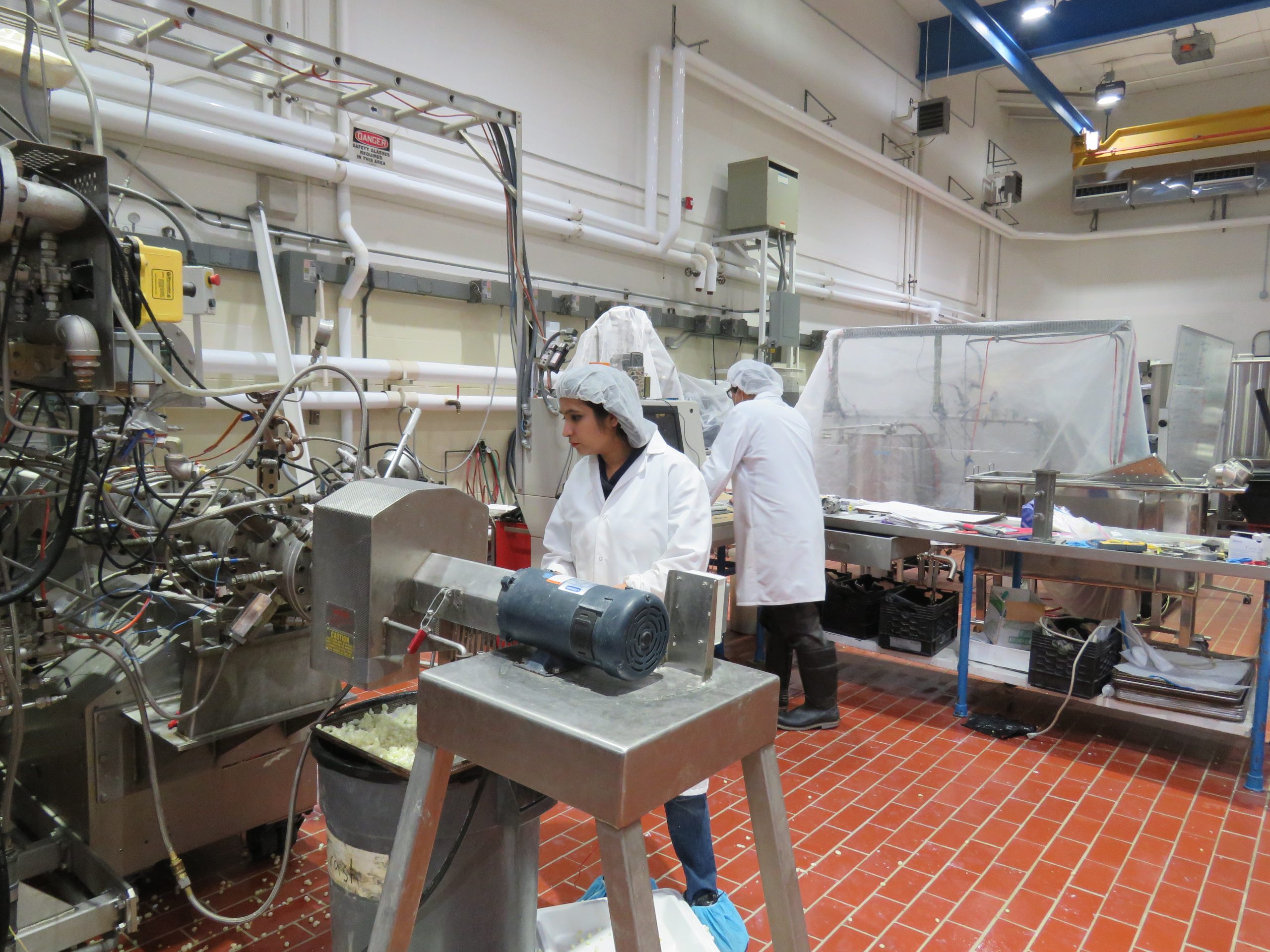
BLOG
Power Puffs: Creating Nutritious Puffed Snacks for Toddlers
May 12, 2020
This piece from the TCI 2019-20 Annual Report presents TCI scholar Bindvi Arora’s use of a novel food extrusion technology to create more nutritious puffed snacks for toddlers. Download the full annual report to read more. In recent years, parents have increasingly turned to puffed snacks, which quickly dissolve in the mouth, as a first finger food…

NEWS
Amidst Pandemic, TCI Director Calls for Investment in Nutrition-Sensitive Agriculture
May 12, 2020
In an op-ed in Nature India, Tata-Cornell Institute Director Prabhu Pingali asserts that the coronavirus pandemic presents an opportunity for India to reboot its agricultural policy in favor of nutritious, sustainable crops. The piece was co-authored by Arabinda K. Padhee, country director for India at the International Crops Research Institute for the Semi-Arid Tropics. “Agriculture, food, and nutrition have come…

NEWS
TCI’s Work Continues During Coronavirus Pandemic
May 7, 2020
In the midst of a nationwide lockdown in India and a stay-at-home order in New York State, Tata-Cornell Institute (TCI) scholar Shiuli Vanaja completed her final PhD exam the same way that much business is completed these days—on Zoom. As the COVID-19 pandemic slows much of the global economy to a halt, TCI has continued with its…
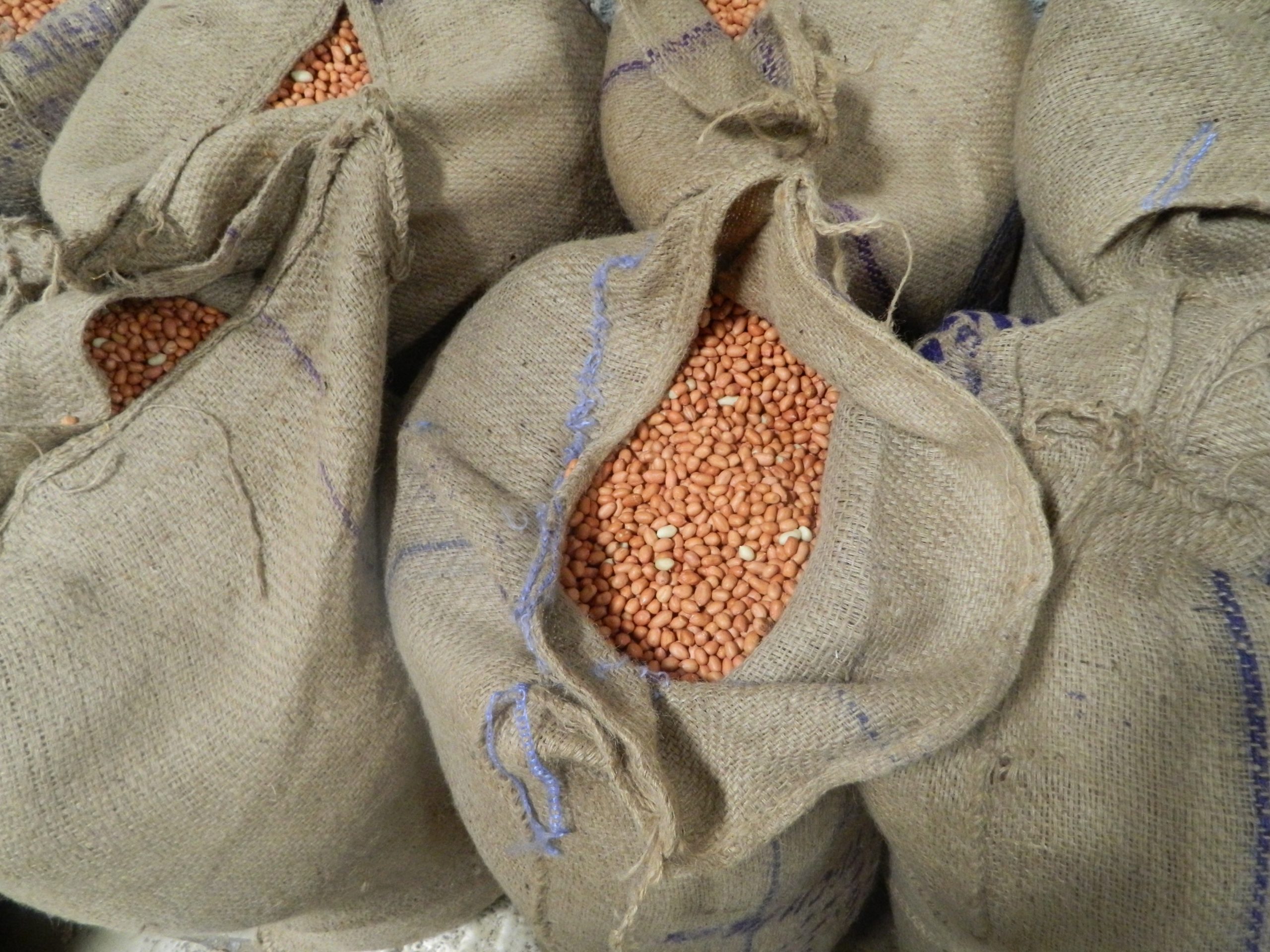
BLOG
Managing Mycotoxins: Reducing the Nutritional and Socioeconomic Burdens of Unsafe Food
May 6, 2020
This piece from the TCI 2019-20 Annual Report explores TCI scholar Anthony Wenndt’s research on managing and mitigating fungal toxins in grain stores. Download the full annual report to read more. Exposure to fungal toxins, or mycotoxins, in the diet can lead to cancers, immune deficits, and growth impairment in vulnerable populations, and are associated with spoilage…

NEWS
TCI Scholar Authors Chapter on Soil Health Testing
April 29, 2020
Kavya Krishnan, a Tata-Cornell Institute (TCI) scholar studying crop and soil sciences, co-authored a chapter on soil health assessment that appears in Soil Analysis: Recent Trends and Applications. Published by Springer, the book provides a synopsis of the analytical procedures used for soil analysis and is intended to help students, teachers, soil scientists, and laboratory technicians increase their…
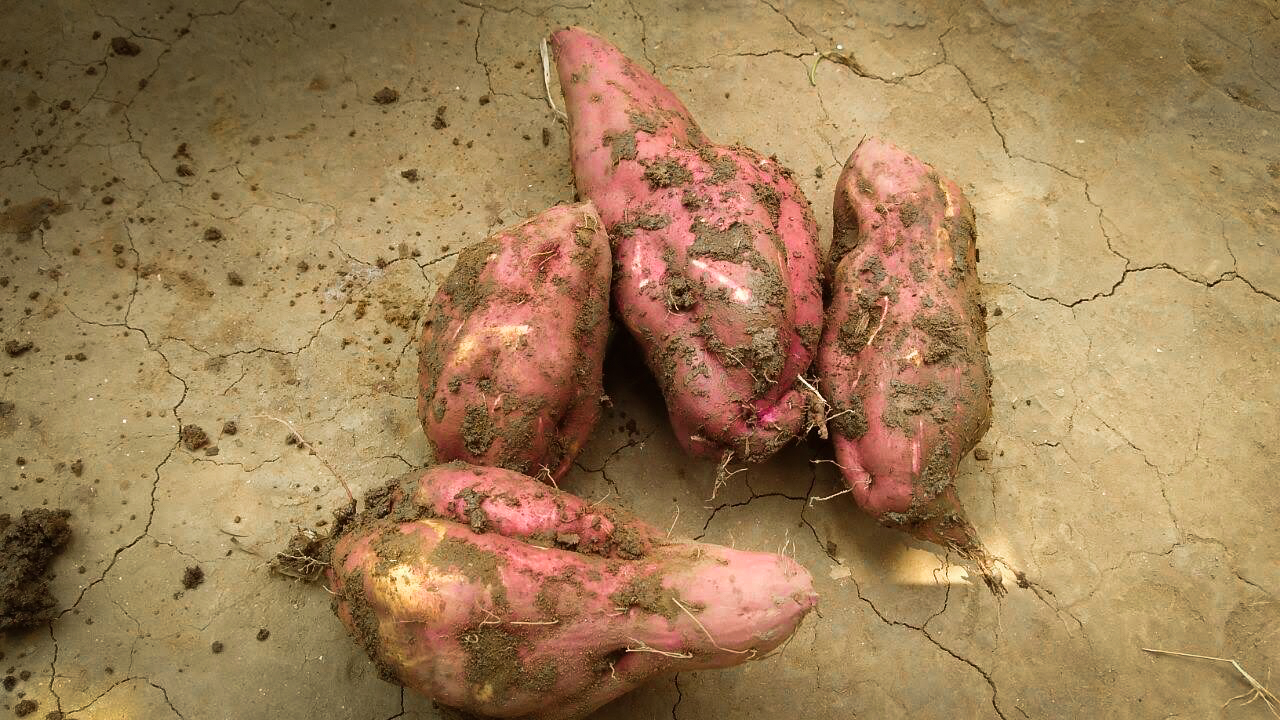
BLOG
Sweet Nutrition: Addressing Micronutrient Deficiencies through Orange-Fleshed Sweet Potatoes
April 28, 2020
In this piece from the TCI 2019-20 Annual Report, TCI scholar Kathryn Merckel’s research on the introduction of vitamin A-rich orange-fleshed sweet potatoes is presented. Download the full annual report to read more. The Indian food system’s heavy focus on staple grains, like rice and wheat, combined with stubbornly high poverty rates, leaves many people’s diets lacking…
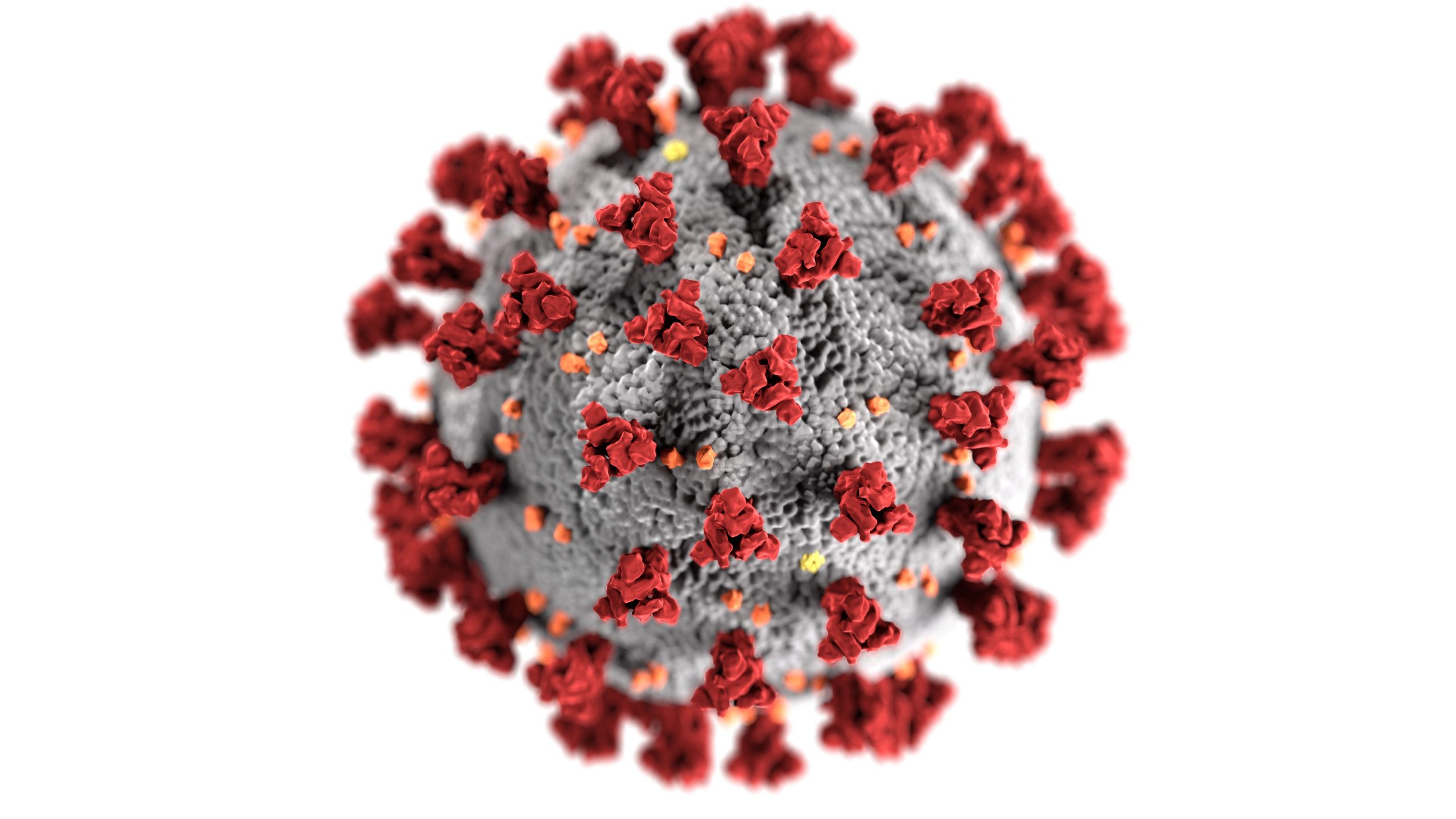
NEWS
TCI Gender Specialist Discusses COVID-19 Impact on Women
April 28, 2020
The coronavirus pandemic will have a disparate effect on women in developing countries, says Shubh Swain, Tata-Cornell Institute gender and nutrition specialist and assistant director of Technical Assistance and Research for Indian Nutrition and Agriculture. Writing for LiveMint, Swain argues that cultural and socio-economic factors in resource-constrained countries will cause women to feel the brunt of COVID-19 and…

